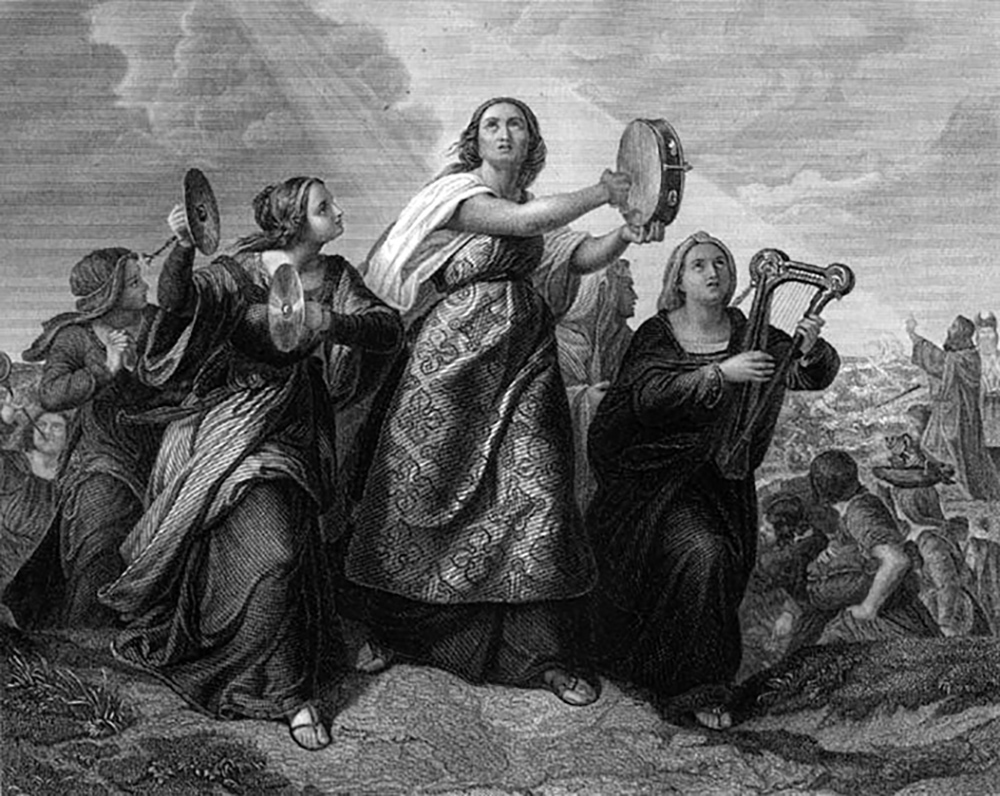By: Rabbi Osher Jungreis
Most of us are under the erroneous impression that loshen hora constitutes only that which is gossip and slander, but if you know for a fact that the information that you are conveying is true, you are justified in revealing it. Some people actually believe that if the information is correct they are performing a righteous deed by making the story public.
In this week`s parsha however, we discover that, even if that which is related is true, it cannot be told (fabricating stories, spreading false gossip and rumors falls under a different category known as “Motzei Shem Ra”). The Torah instructs that he who spoke loshen hara had to be taken to Aaron, the High Priest (Leviticus 13:2), which leads us to ask why exactly, it was Aaron who was assigned the task of curing the individual who was guilty of loshen hora and was now suffering from tzaraas (a form of skin disease).
The Mishna teaches us that Aaron, the High Priest, was committed to making peace between people. If he heard that two individuals were in conflict, he approached them separately and spoke to their hearts. “Why are you fighting?” he would ask. “Don`t you realize that the person with whom you are having this controversy is contrite, that he truly cares about you, that he is sorry for the ill feelings that prevail between you?” Following such a conversation with Aaron, it was easy for the two to reconcile.
Aaron did this without really consulting the individual parties, but he understood that establishing peace between people must be our priority, and so, the gossiper who justifies his evil talk by claiming it to be true, is taught a profound lesson by Aaron. There are times when “telling it like it is”–forthrightness, must take a back seat for the sake of shalom–peace. Through our speech, we can either revive people or destroy them.
A further illustration of how careful we must be of speaking even that which is true is demonstrated by the story of Miriam the Prophetess who spoke with genuine love about her brother Moshe. While her concerns were valid and pure, she was nevertheless stricken with tzaraas.
We are commanded to remember that which happened to Miriam, for if such a fate can befall a woman as righteous as she was, who had no trace of malice, whose heart was full of love and whose intentions were pure, how much more must we be careful with the words that emanate from our own lips.
It is the power of speech that distinguishes us from all other creatures. Through speech, we can elevate or debase ourselves. Therefore, it is written: “Life and death are in the tongue.” We would do well to recall that one of the reasons why G-d found our ancestors worthy of redemption from Egypt is that they did not speak loshen hora. We are all in desperate need of redemption. Let us guard our tongues!
The second of the two Torah portions that we will be reading this week is called “Metzora”. The word “Metzora” is a combination of two words, Motzei Ra, which means to speak evil about others. The juxtaposition of this parsha to last week`s is very instructive, for, in the previous parsha, we studied about non kosher foods that we are forbidden to eat.
By placing these two parshiot—forbidden food and loshen hora (speaking gossip) next to each other, the Torah reminds us that, not only must we be careful about that which enters our mouths, but we must be equally careful about that which comes forth from our lips. We must be ever on guard not to cause pain to anyone with our words. Since this is no small achievement, we pray for G-d`s help and guidance in this regard, and conclude every Amidah service with the words, “My G-d, guard my tongue from evil and my lips from speaking deceitfully.”
Loshen hora, evil talk, is considered a heinous sin equal to all the three cardinal sins. In these difficult times for our people, we should all take extra precautions to avoid speaking negatively about others. To what extent we must go to avoid loshen hora can be learned from Miriam, the prophetess, who in good faith criticized her younger brother Moses, and for those seemingly innocent words, was afflicted with Tzora`as, the skin disease that is described in this week`s portion. The Torah commands us to remember what happened to Miriam and thus avoid the pitfalls of loshen hara. Language is a Divine gift. Let us use it wisely. www.hineni.org




